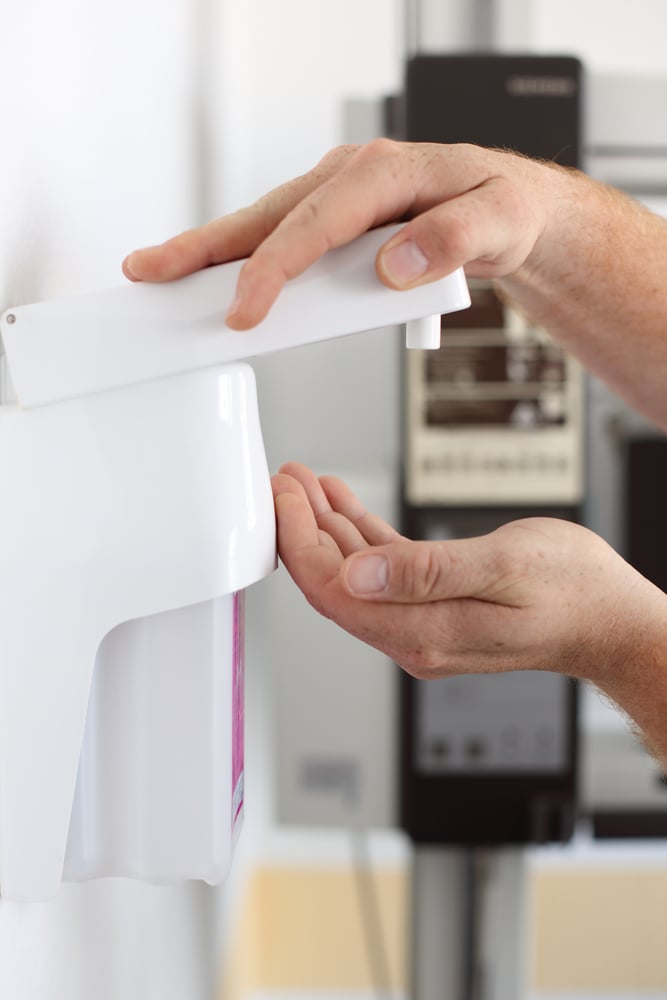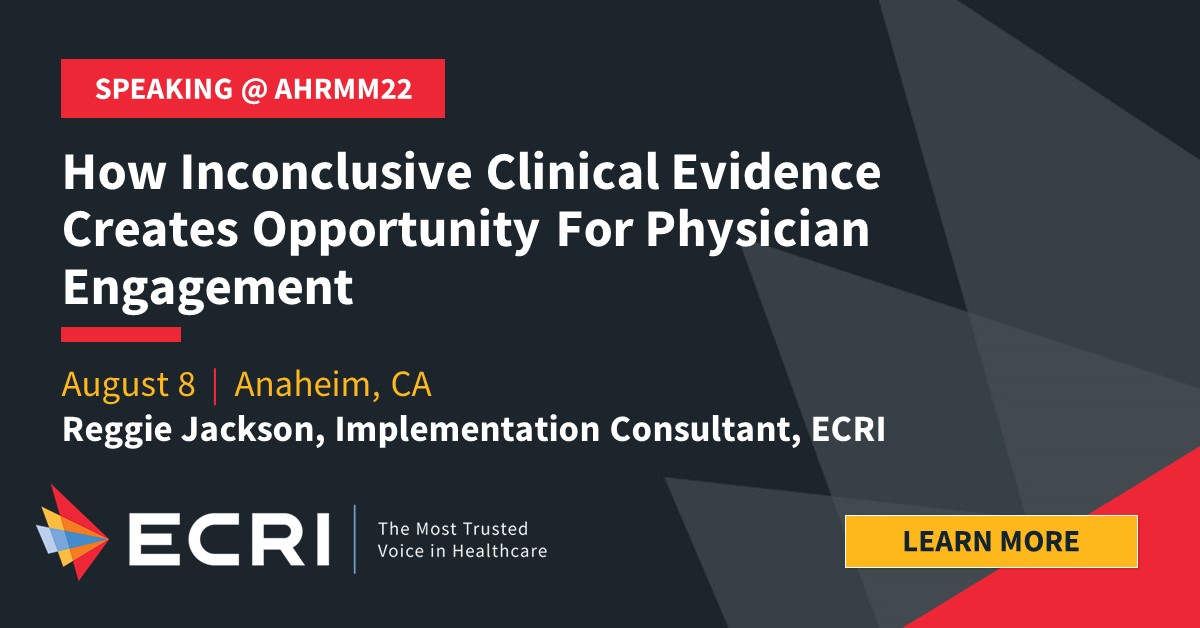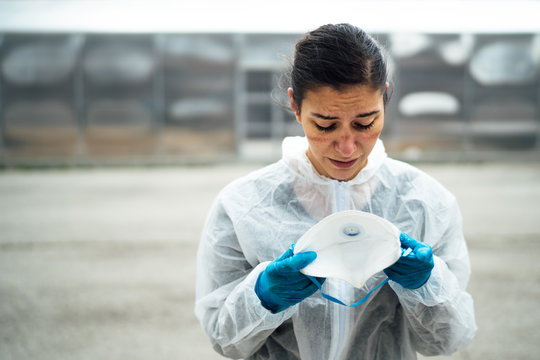Many people take medicine without enough thought to medication safety issues, such as following dosage directions, being aware of medication interactions and side-effects, or weighing other important considerations.
With the sheer volume of medicines taken every day, there is ample opportunity for harm to occur.
In the U.S. alone, the Center for Disease Control and Prevention (CDC)/ National Center for Health Statistics estimated that:
- About 50% of Americans use at least one prescription drug daily; 24% use three or more; and 12.8% use five or more prescription drugs
- 860.4 million prescriptions are written during physician office visits
- 336 million drugs are given or prescribed during hospital emergency department visits










